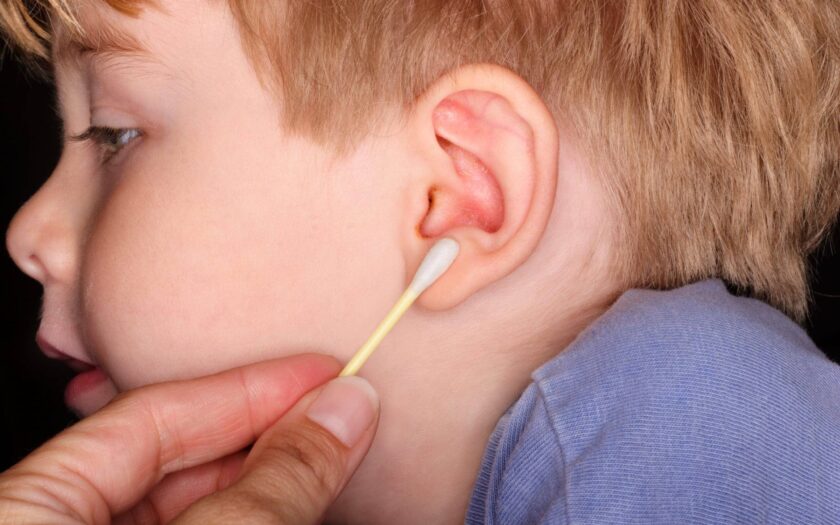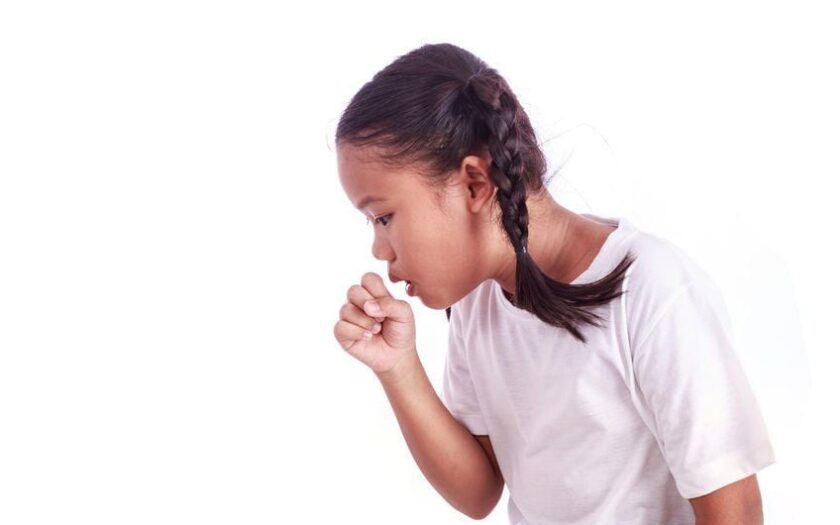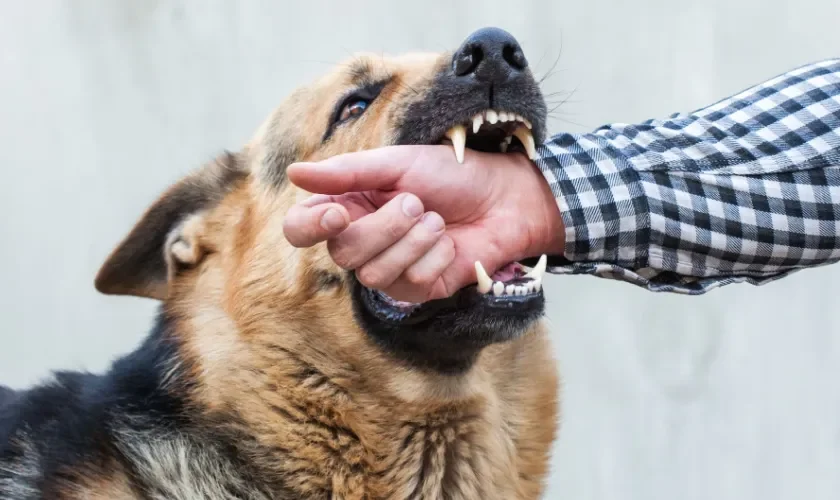Ear injuries can result from trauma to the outer, middle, or inner ear and can occur due to accidents, infections, or loud noises. Common causes include blunt force, falls, loud music or explosions, and sharp objects. Symptoms of ear injuries may include pain, bleeding, hearing loss, or dizziness. Depending on the severity, treatment may involve medications, protective ear devices, or surgery. Prompt medical attention is essential to prevent long-term damage, such as permanent hearing loss or balance problems.
Why hearing and balance matter:
Children need good hearing for proper speech, social interaction, and language development. Even mild hearing loss can impede their ability to speak and understand. Balance issues, meanwhile, can affect how kids move and feel.
How Do Ear Injuries Occur?
Falls, head impacts, sports injuries, and exposure to loud noises can all damage the ears. Injuries to critical parts of the ear, such as the eardrum, ear canal, or vestibular nerve, can result in hearing loss and balance disorders.
Common Causes of Ear Injuries in Kids:
- External injuries: Cuts, scrapes, burns, or frostbite to the outer ear can lead to infections that spread to other ear areas.
- Insertion of objects: Using items like cotton swabs or pencils can damage the ear canal or perforate the eardrum.
- Blows to the ear/head: Accidents or sports impacts can tear the eardrum, dislocate ear bones, or damage the inner ear. Athletes, such as wrestlers or boxers, often develop “cauliflower ear” from repeated blows to the ear.
- Loud noise exposure: Prolonged exposure to loud music, machinery, or even sudden loud sounds like fireworks can cause acoustic trauma, leading to permanent hearing loss.
- Pressure changes: Activities like flying or scuba diving can result in painful ear pressure imbalances, leading to temporary hearing loss (barotrauma).
Signs of Hearing Loss in Children:
- Difficulty hearing in noisy environments
- Issues with high-pitched sounds
- Muffled hearing
- Ringing or other strange sounds in the ears
- Speaking loudly or not responding to normal conversation levels
Signs of Balance Problems:
- Frequent falls or clumsiness
- Vertigo or dizziness
- Difficulty walking or maintaining balance
- Vision disturbances (blurred or bouncing vision)
- Nausea, headaches, or extreme tiredness
Treatment of Ear Injuries:
The duration and severity of hearing or balance problems depend on the type and extent of the injury. Minor injuries may heal on their own, while more severe cases may require medical intervention, including surgery or vestibular therapy for balance issues.
When to seek medical help:
- For any ear or head injury
- If your child experiences severe ear pain, blood or fluid drainage, or signs of hearing or balance issues
Prevention of Ear Injuries:
- Encourage children not to insert objects into their ears.
- Avoid exposure to loud noise and use ear protection when necessary.
- Ensure kids wear helmets and appropriate protective gear for sports.
By being proactive, you can help prevent some ear injuries, though not all can be avoided.



